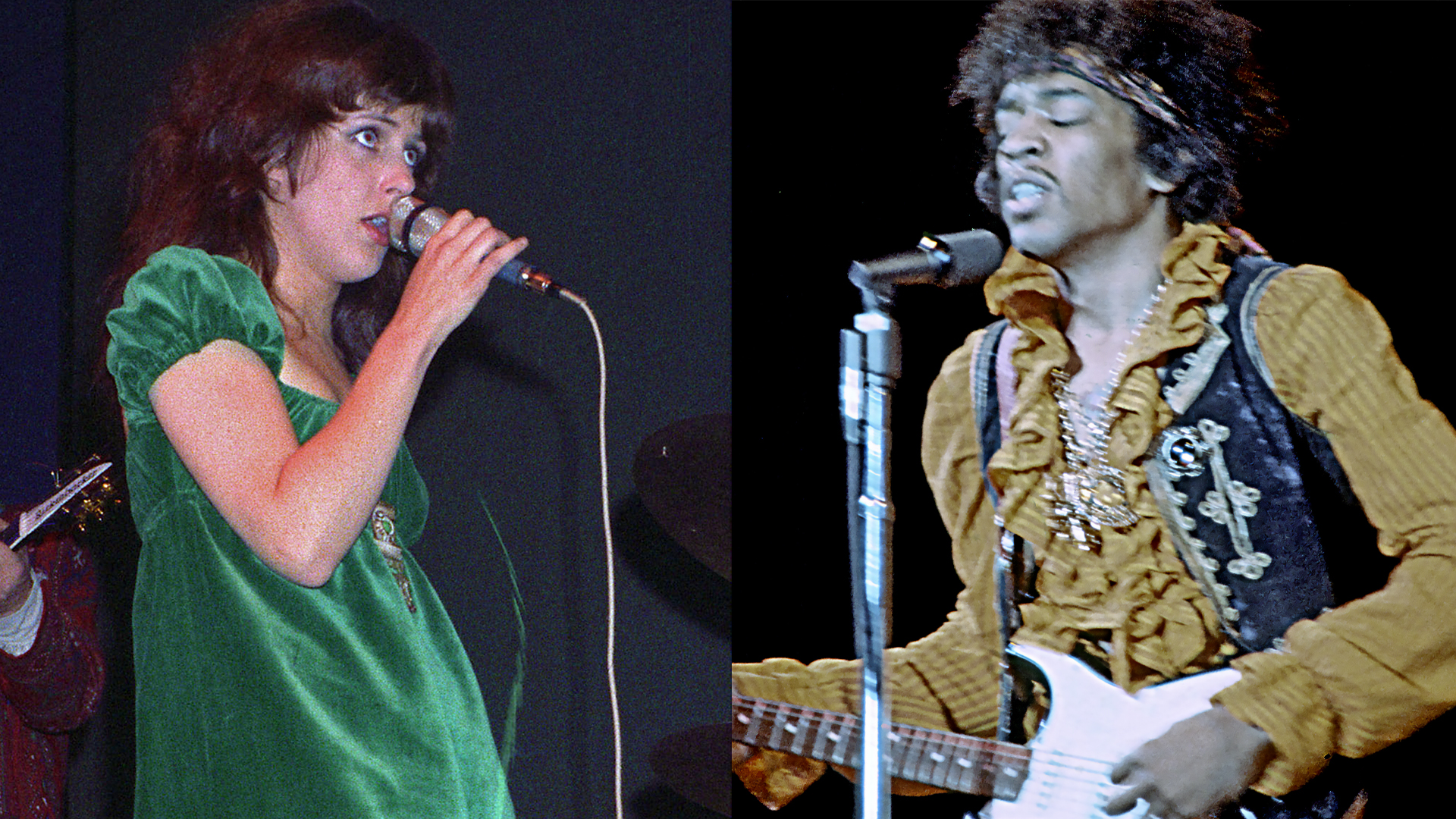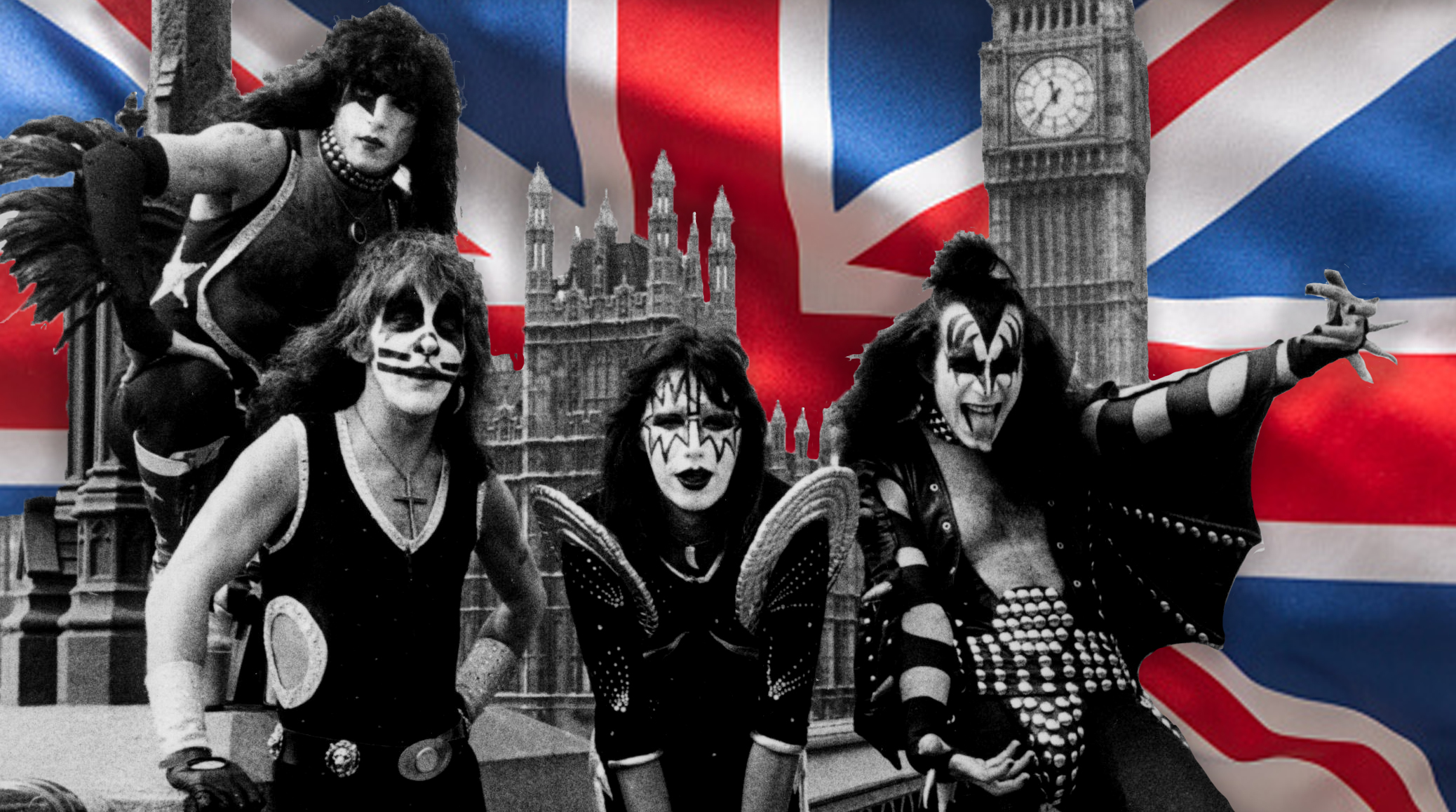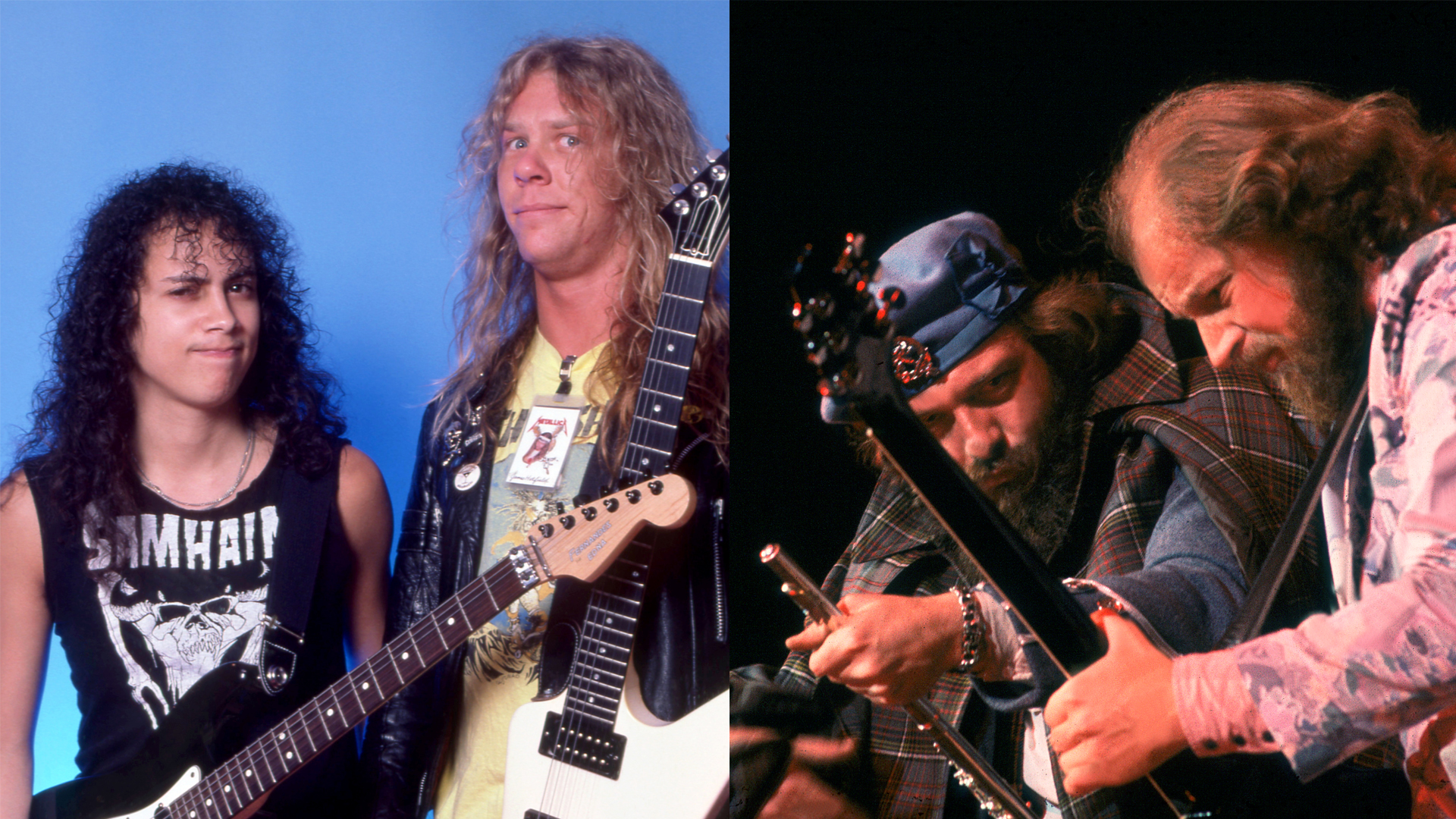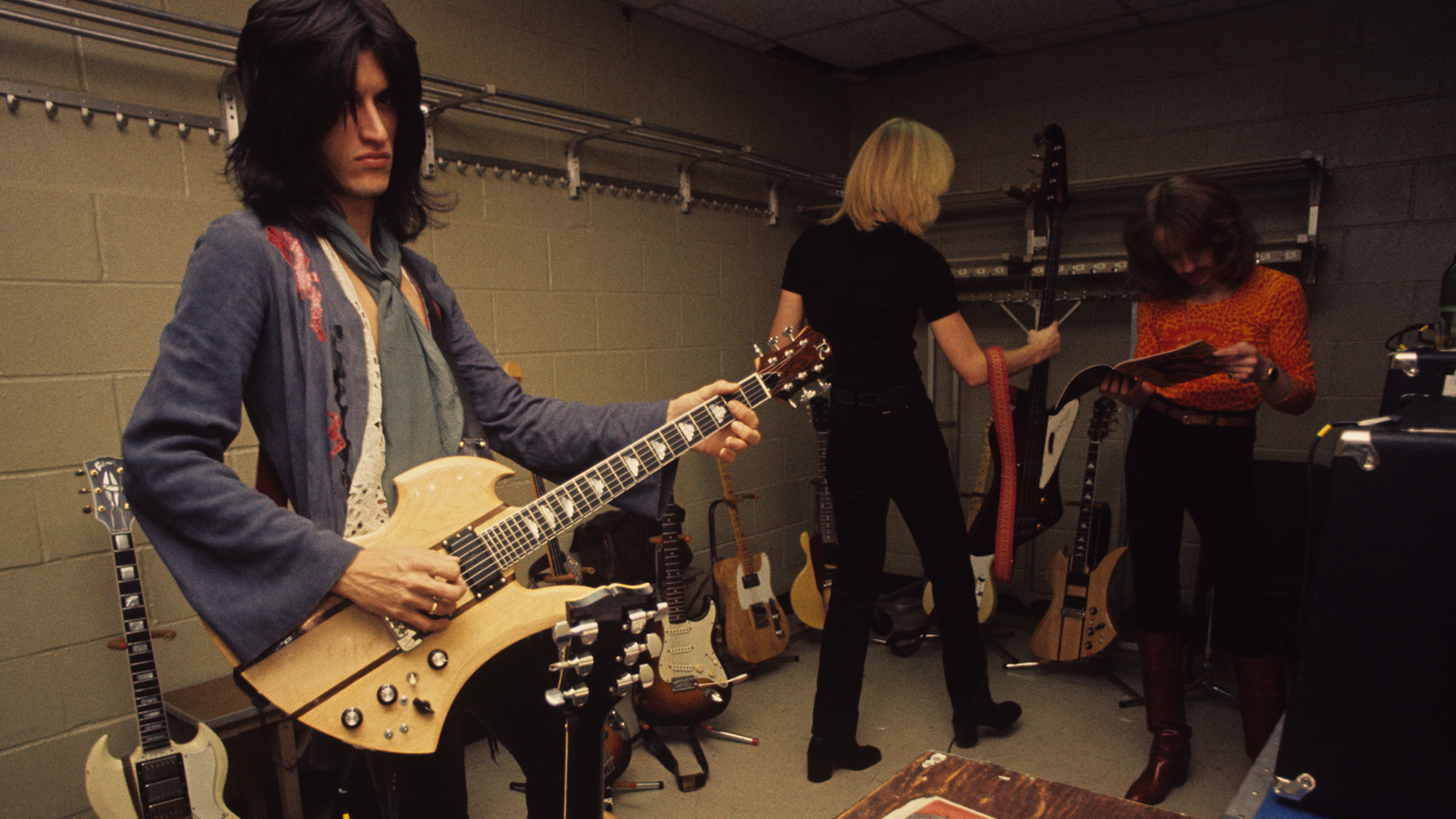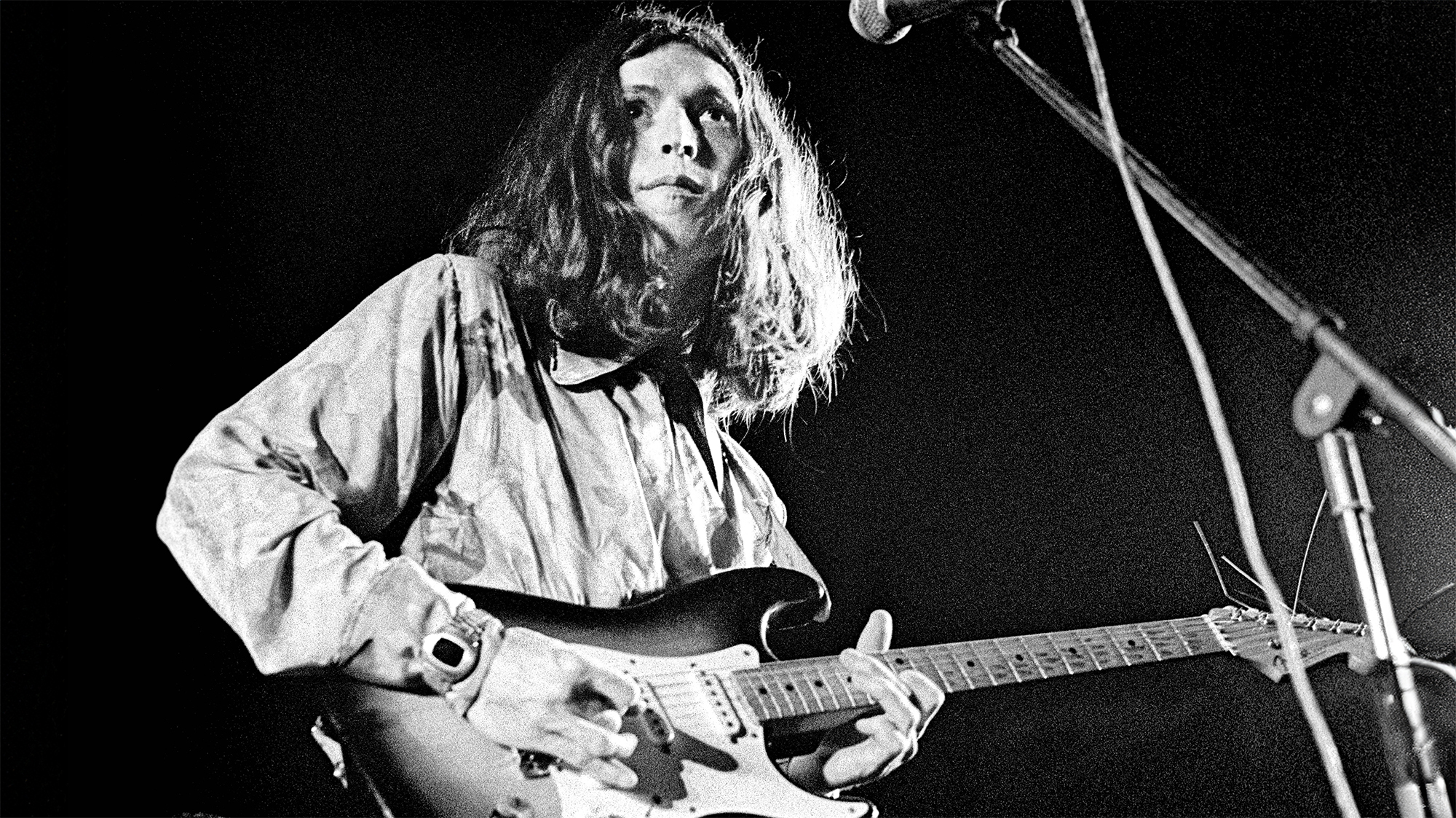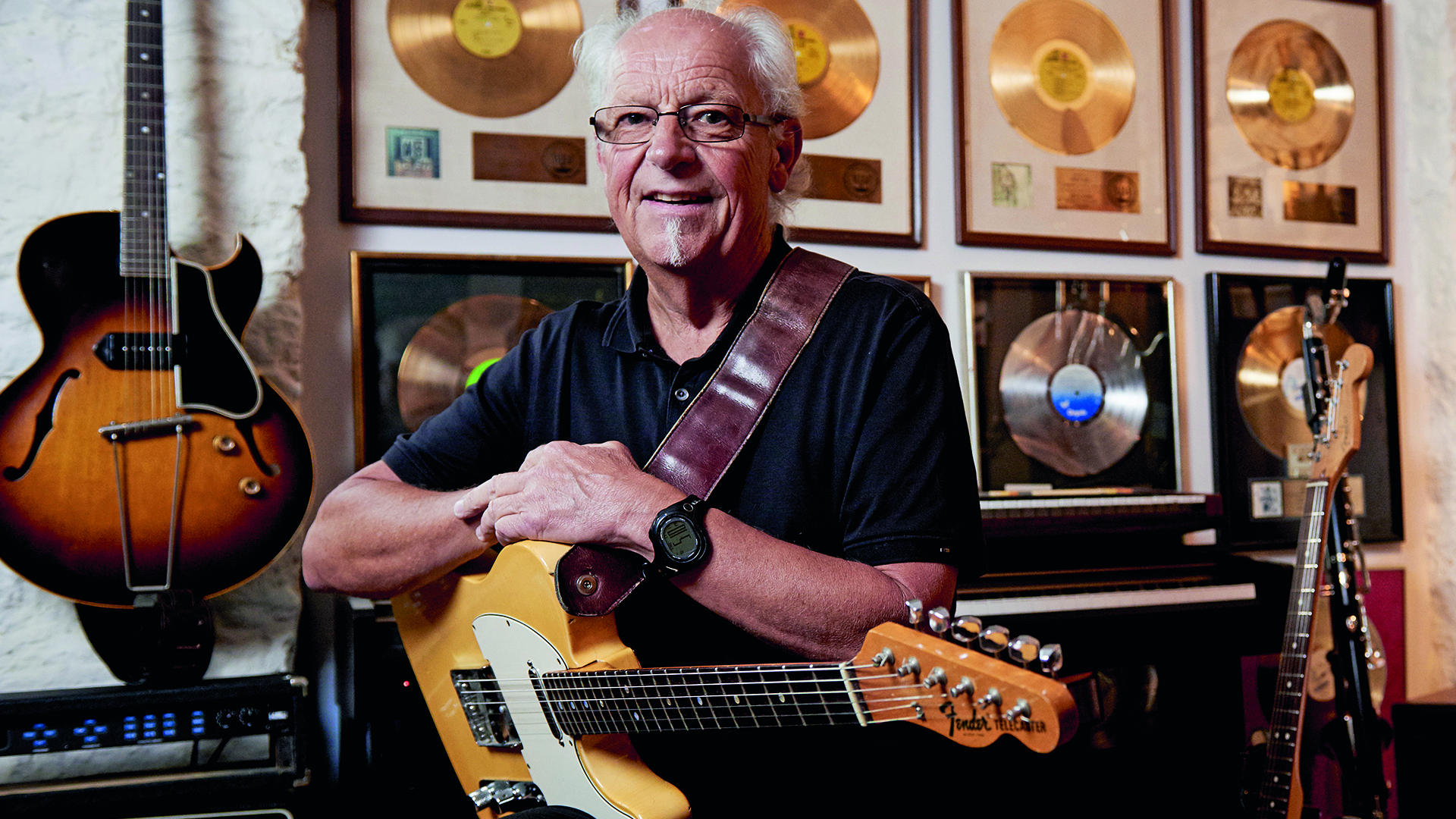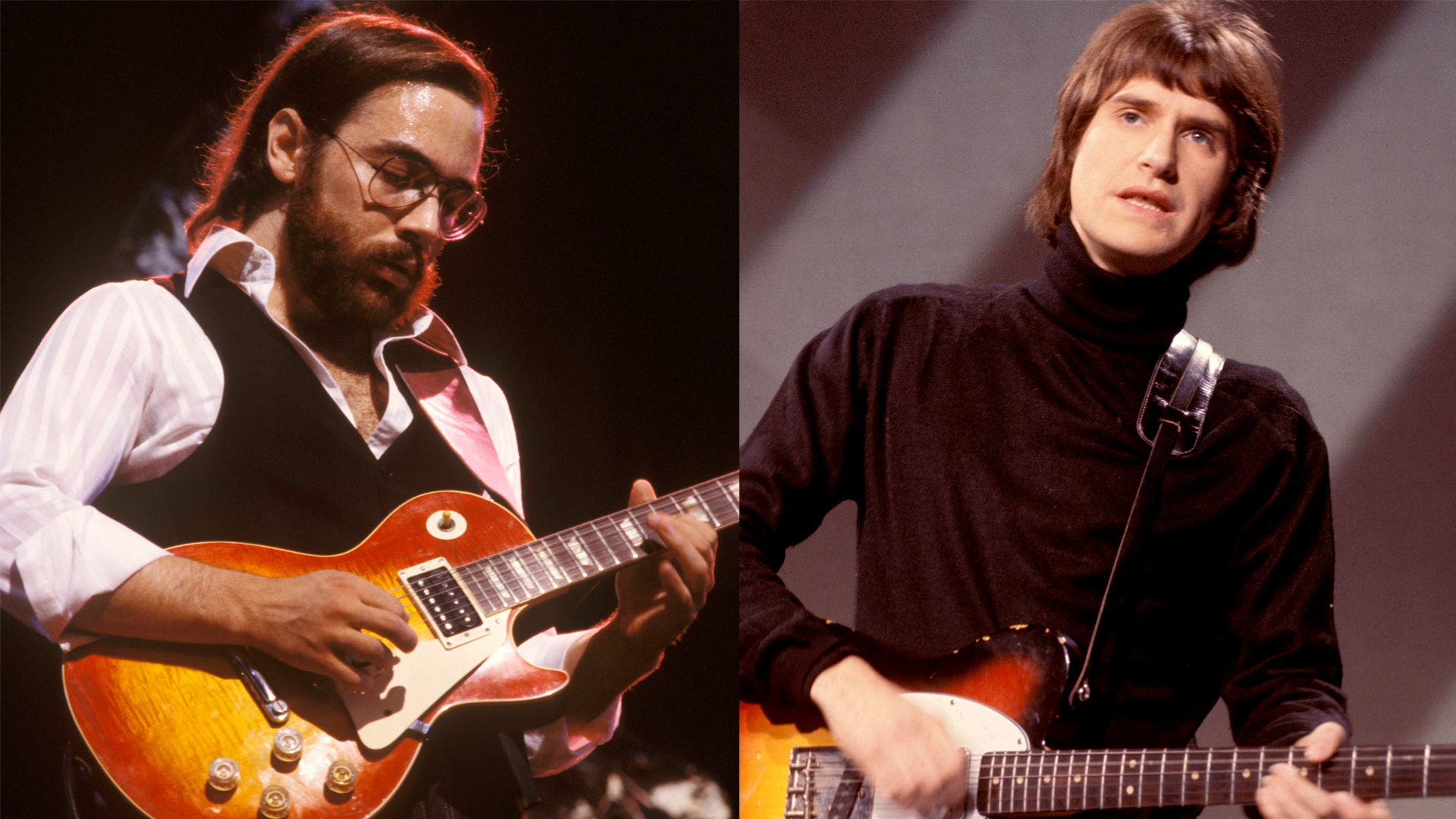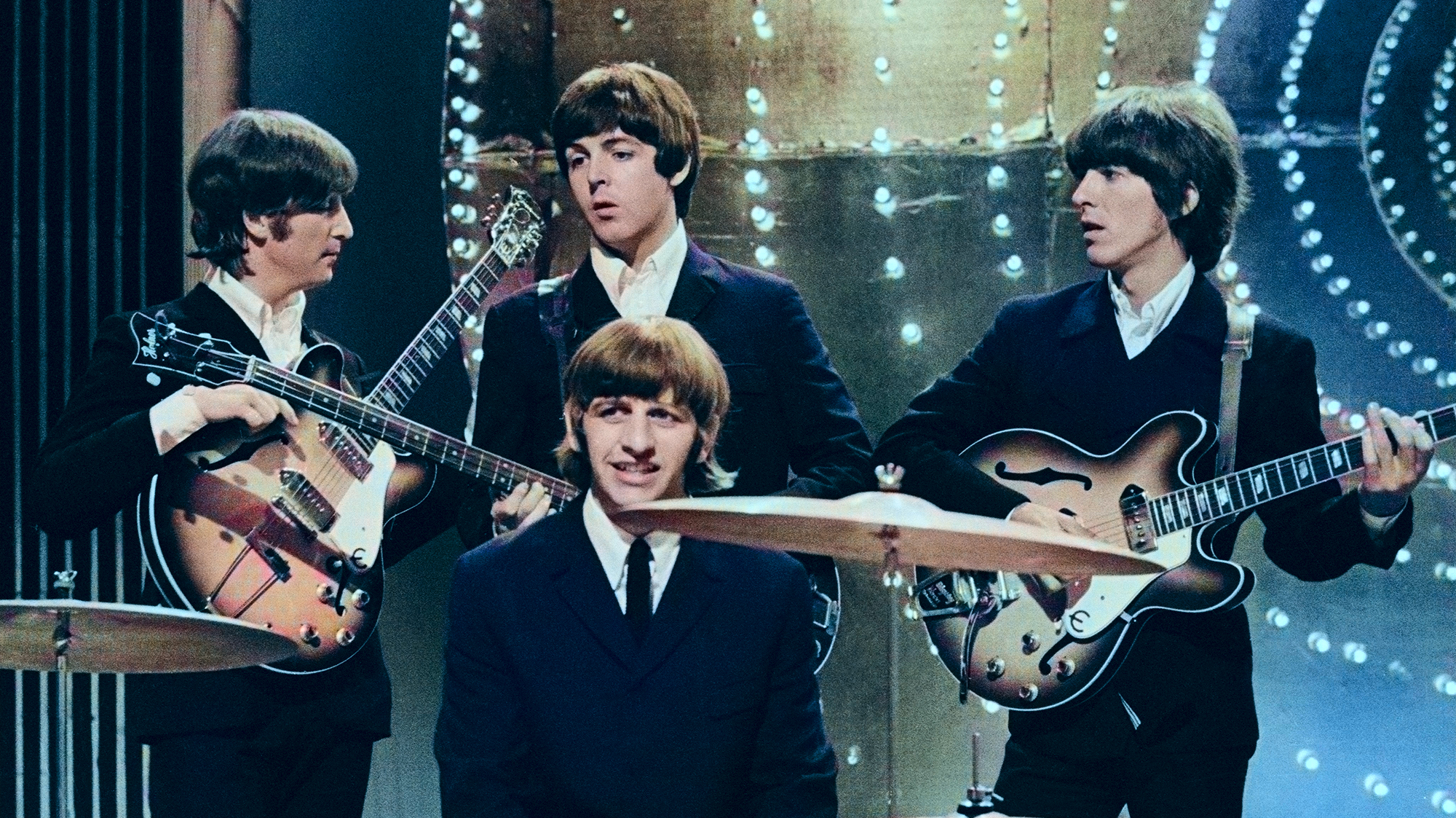“Dickey was larger-than-life, and his loss will be felt worldwide”: The Allman Brothers Band’s Dickey Betts has died at 80
The iconic guitarist pioneered Southern rock and the jam band genre
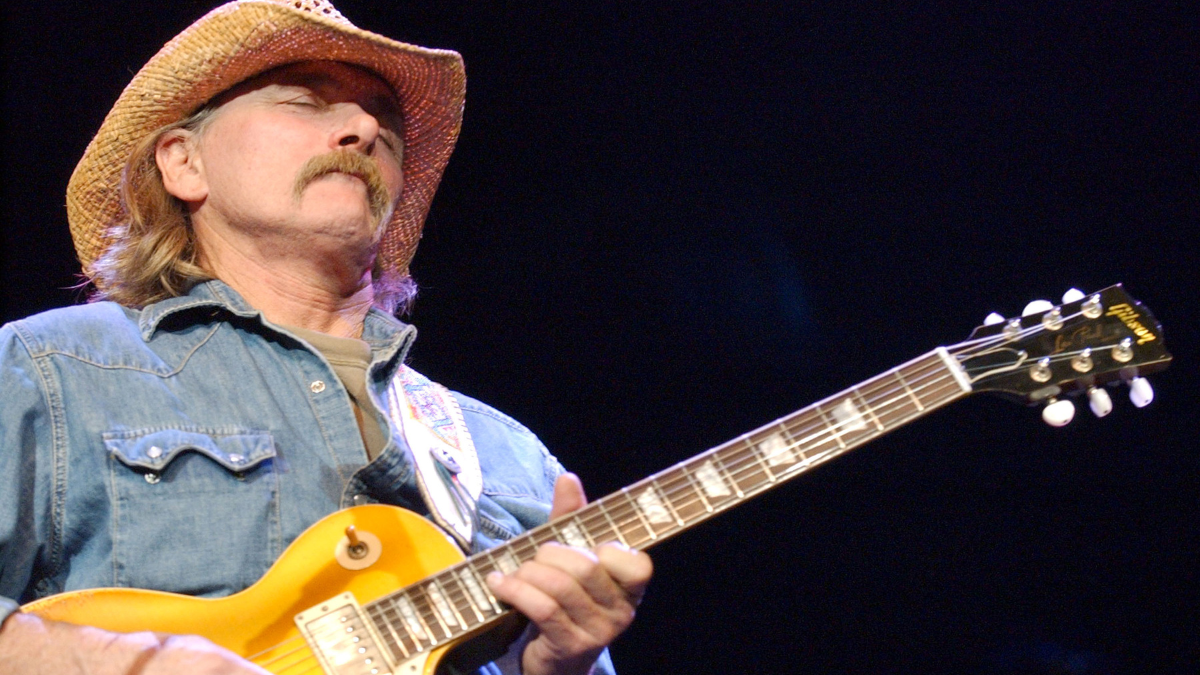
Dickey Betts, The Allman Brothers Band's singer, songwriter and guitarist, passed away Thursday morning at age 80. Betts was a pioneer in defining the sound of Southern rock and instrumental in the band's enduring success.
In a statement issued to Rolling Stone, the Betts family said: “It is with profound sadness and heavy hearts that the Betts family announce the peaceful passing of Forrest Richard ‘Dickey’ Betts (December 12, 1943 – April 18, 2024) at the age of 80 years old.”
“The legendary performer, songwriter, bandleader, and family patriarch was at his home in Osprey, Florida, surrounded by his family. Dickey was larger-than-life, and his loss will be felt worldwide. At this difficult time, the family asks for prayers and respect for their privacy in the coming days. More information will be forthcoming at the appropriate time.”
Born and raised in Brandenton, Florida, Betts grew surrounded by music. His early influences, ranging from bluegrass to jazz and more, meant he picked up his first instrument, the ukulele, at the age of five.
In a 2019 interview with Guitar Player, Betts talked about his musical inspirations growing up:
“Well, my dad played fiddle and my uncles played both fiddles and guitars, and we would have jam sessions at the house. That influenced my playing quite a bit. Plus, my mom always had the radio tuned to the country music stations, so that influenced me.”
After learning the banjo and mandolin, Betts drew his attention to guitar at age 16. “I studied Chuck Berry, B.B. King, Albert King. I also hung around this western-swing guitar player that was so, so good. He’s the one who influenced me, and that’s how I really learned to play.”
Get The Pick Newsletter
All the latest guitar news, interviews, lessons, reviews, deals and more, direct to your inbox!
After a brief tenure with the '60s band Jokers, Betts started gigging around the Florida rock circuit. He later formed his own band, Second Coming.
In 1969, he crossed paths with Duane Allman, and after jamming with him and his brother, formed The Allman Brothers Band. His role in The Allman Brothers Band extended beyond his instrumental prowess. His prolific songwriting skills are responsible for such iconic songs as Ramblin' Man, Blue Sky, and Jessica.
After Duane Allman's death in 1971, Betts assumed more responsibility, becoming the band's lead guitarist. He also gained a reputation for his virtuosic guitar skills, with his melodic solos and intricate guitar work trademarks of the Allman Brothers Band's sound and later his own solo projects.
Betts had a significant impact on the evolution of Southern rock. By fusing blues, rock and country, Betts and peers, such as Lynyrd Skynyrd and The Marshall Tucker Band, managed to capture the cultural landscape of the American South. He was also one of the pioneers of the genre we know today as “jam band”.
As one of the architects of southern rock, Dickey Betts' contributions to music will be celebrated and remembered by generations to come.
“I’m very proud that the Allman Brothers music still stands on its own,” he told Guitar Player, “and there’s a new generation with my son, Duane, Gregg’s son Devon and Berry Oakley’s son keeping it alive.”
Janelle is a staff writer at GuitarWorld.com. After a long stint in classical music, Janelle discovered the joys of playing guitar in dingy venues at the age of 13 and has never looked back. Janelle has written extensively about the intersection of music and technology, and how this is shaping the future of the music industry. She also had the pleasure of interviewing Dream Wife, K.Flay, Yīn Yīn, and Black Honey, among others. When she's not writing, you'll find her creating layers of delicious audio lasagna with her art-rock/psych-punk band ĠENN.
“We’d heard Jimi Hendrix, we'd heard the Who, but now we finally got to see these guys. And watching Jimi Hendrix burn his guitar….” Grace Slick on Hendrix at Monterey, Jefferson Airplane and the Spanish origins of “White Rabbit”
“I’m still playing but I’m covered in blood. Billy’s looking at me like, ‘Yeah! That’s punk rock!'” Steve Stevens on his all-time worst gig with Billy Idol — and the visit to Jimi Hendrix's grave that never happened

